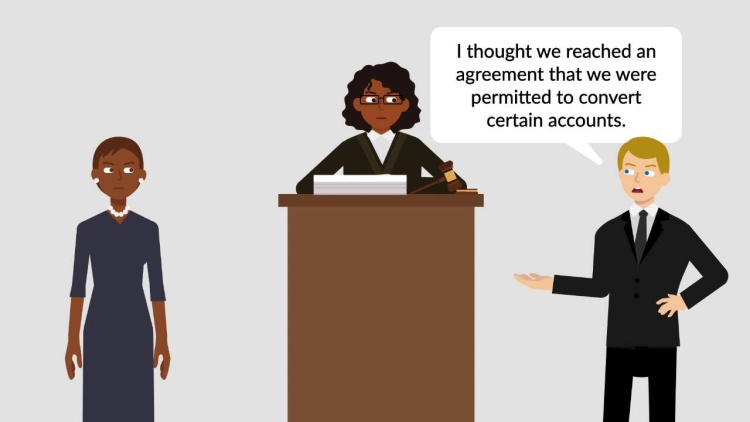Bankcard America, Inc. v. Universal Bancard Systems, Inc.
United States Court of Appeals for the Seventh Circuit
203 F.3d 477 (2000)
- Written by Peggy Chen, JD
Facts
Bankcard America, Inc. (plaintiff) sued Universal Bancard Systems, Inc. (defendant) for breach of a credit card servicing contract. Under the contract, Universal was forbidden to steer merchants it had signed up to competitors of Bankcard. After Bankcard terminated the contract in March 1993, Universal rolled over certain accounts to one of Bankcard’s competitors. The reason it gave for doing so was that it thought it had reached a settlement with Bankcard that allowed such rollovers. The alleged settlement was never finalized and Bankcard and Universal proceeded to trial. At the first trial, the judge allowed evidence concerning the settlement talks for the purpose of explaining why Universal rolled over the accounts. The judge warned Universal not to go into detail regarding the settlements and not to use the terms settlement or negotiation. A Universal witness testified that he thought it was permissible to move the accounts because discussions between the parties’ counsel that led him to believe the accounts were Universal’s to move. The jury found for Universal at the first trial, but the verdict was thrown out due to errors, such as the ruling regarding the admission of the settlement evidence. Universal appealed.
Rule of Law
Issue
Holding and Reasoning (Evans, J.)
What to do next…
Here's why 907,000 law students have relied on our case briefs:
- Written by law professors and practitioners, not other law students. 47,100 briefs, keyed to 996 casebooks. Top-notch customer support.
- The right amount of information, includes the facts, issues, rule of law, holding and reasoning, and any concurrences and dissents.
- Access in your classes, works on your mobile and tablet. Massive library of related video lessons and high quality multiple-choice questions.
- Easy to use, uniform format for every case brief. Written in plain English, not in legalese. Our briefs summarize and simplify; they don’t just repeat the court’s language.





